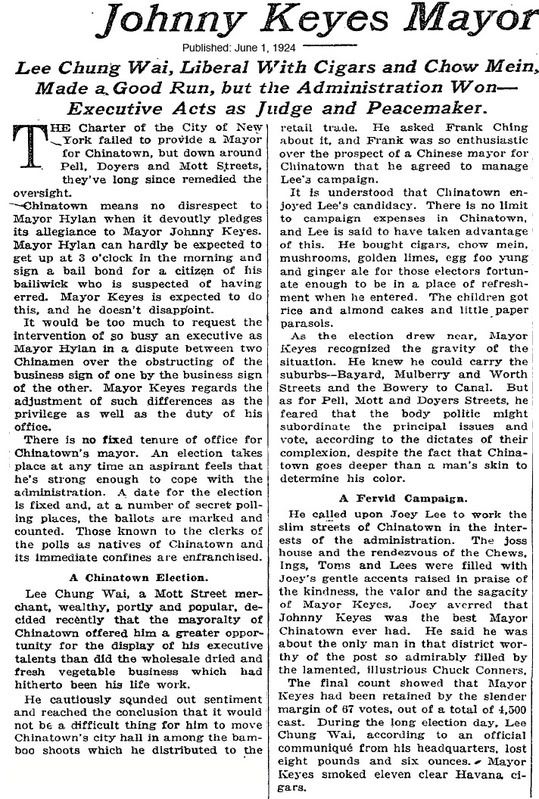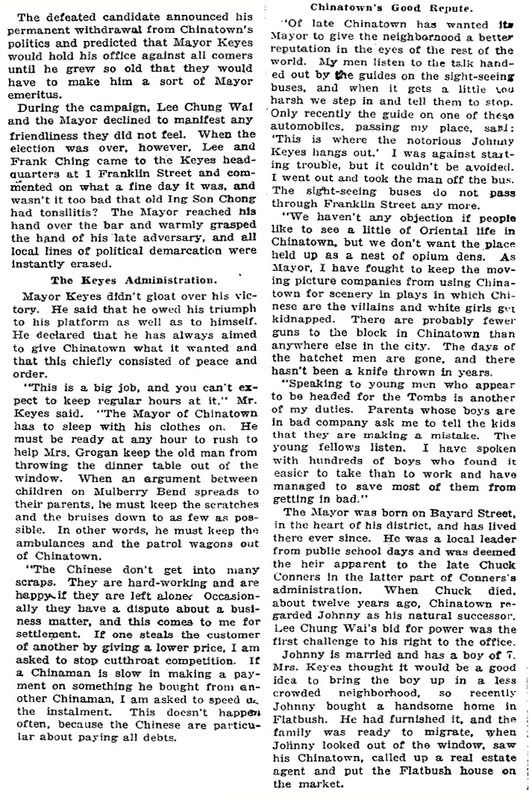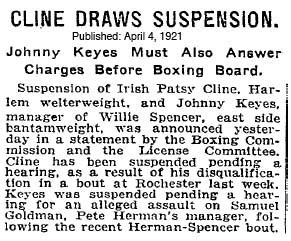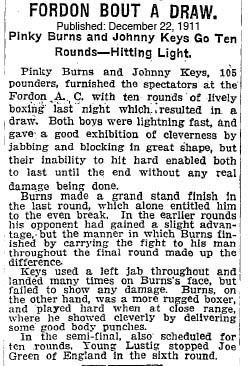We had a references to Guys and Dolls before this as well as a 1955 Broome Street crap game
but we take a renewed interest since we've learned that former Chinatown Mayor, Johnny Keyes, aka Andrew Canonico, was an inspiration for a Damon Runyon named Spaghetti Joe. He also, under another pseudonym, was an inspiration for one of the characters in Guys and Dolls. Was it Benny, Nicely, Rusty, Brandy Bottle Bates,Scranton Slim...? Johnny was a big bettor and according to Joe Bruno's cousin Joe Gerage,
Jack Dempsey bought him a Studebaker because Johnny Keyes lost a lot of money on one of his fights.
Johnny is mentioned in a memoir by San Diego reporter Neil Morgan
After the war, I found San Diego just a tad on the quiet side. Seeking a semblance of sin and scandal…and of course column items…. I sought out F Street and met Bob Johnston, who ran the burlesque house, the Hollywood Theater. He let me play his rinky dink piano. I am a preacher’s kid and I know a lot of hymns. The strippers came in on their breaks and sang along. They knew the words, and that gave me a lot to think about. Sometimes I recognized friends from north of Broadway. Please, they would say, don’t mention that I was here. I made good friends on F Street, like Johnny Keyes, known as Spaghetti Joe. His walls were pasted with columns about him by New York’s great Damon Runyon. Damon celebrated Spaghetti Joe as the first Italian mayor of New York’s Chinatown.
NICELY: I got the horse right here, his name is Paul Revere and
here's a guy who says if the weather's clear, can do, can do.
This guy says the horse can do.
If he says the horse can do, can do, can do.
NICELY: can do, can do this
BENNY: I'm picking Valentine 'cause on the morning line, the guy has
NICELY: guy says the horse can do If he says the horse can
BENNY: got him figured at five to nine. Has chance has
RUSTY: But look at Epitaph, he wins it
NICELY: do, can do, can do, For Paul Revere
BENNY: chance, this guy says the horse has chance. If he says
RUSTY: by a half, according to this hare in the Telegraph, Big threat,
NICELY: I'll bite, I hear his foot's all right. Of course it all depends if it
BENNY: the horse has chance, has chance, has
RUSTY: big threat, This guy calls the horse Big
NICELY: rained last night. Likes mud, likes mud. This "X" means the horse
BENNY: chance. I know it's Valentine, the morning works looks fine, besides
RUSTY: Threat. If he calls the horse big threat, big threat
NICELY: likes mud. if that means the horse likes mud, likes
BENNY: the jockey's brother's a friend of mine. Needs race, needs race this
RUSTY: Big threat. And just a minute boys, I got the feedbox noise. It
NICELY: mud, likes mud, I tell you Paul Revere now this is
BENNY: guy says the horse needs race. If he says the horse needs
RUSTY: says the great-grandfather was Equipoise, shows class, shows
NICELY: no bum steer. It's from a handicapper that's real sincere. Can
BENNY: race. Needs race, needs race. I go for
RUSTY: class. This guy says the horse shows class. If
NICELY: do, can do. This guy says the horse can do. If
BENNY: Valentine, 'cause on the morning line, the guy's got him figured at 5 to 9
RUSTY: he says the horse shows class, shows class. So make it
NICELY: he says the horse can do, can do, can
BENNY: has chance, has chance. This guy says the horse has
RUSTY: Epitaph. He wins it by a half, according to this hare in the
NICELY: do. Paul Revere! I got the horse right here!
BENNY: chance. Valentine! I got the horse right here!
RUSTY: Telegraph, Epitaph! I got the horse right here!






























